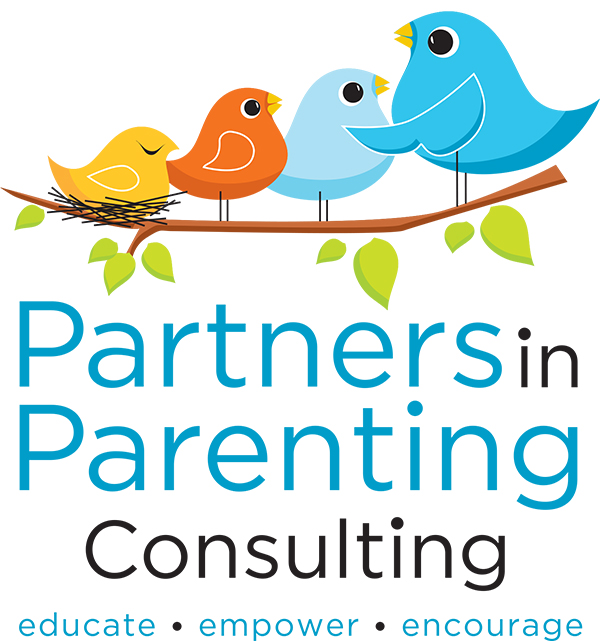Baby Blues or something more?
Did you know that 1 in 7 new mothers and 1 in 10 new fathers experience postpartum depression? Postpartum mood disorders are common and do not reflect your ability to become a capable parent.
Perinatal mood disorders can occur during pregnancy and during the first 12 months after childbirth. The term PPD is an umbrella term, but parents may also experience other pregnancy/postpartum mental health issues, including anxiety, OCD, and psychosis. The good news is that perinatal mood disorders are treatable.
Awareness of postpartum mood disorders enables you or your partner to seek early treatment. Contact your doctor or mental health therapist to let them know how you feel. You can also educate yourself on this vital topic by enrolling in the Stork School for Expectant Parents. Our Prepared Parenthood course features an entire unit on Postpartum Wellness and has over 47 teaching topics you’ll want to explore before bringing baby home. Learn more at https://www.bevgillen.com/courses.
Additional Postpartum Mental Health Resources:
1. National Suicide Prevention Hotline (dial 988) www.suicidepreventionlifeline.org
2. Postpartum Support International www.postpartum.net/learn-more/postpartum-psychosis/ and Helpline 1-800-944-4773
*Postpartum mood disorders can be a serious condition. This information is not a substitute for medical advice. Please talk to your doctor with any concerns or questions.
Photo credit: Photo by Jenna Norman on Unsplash
